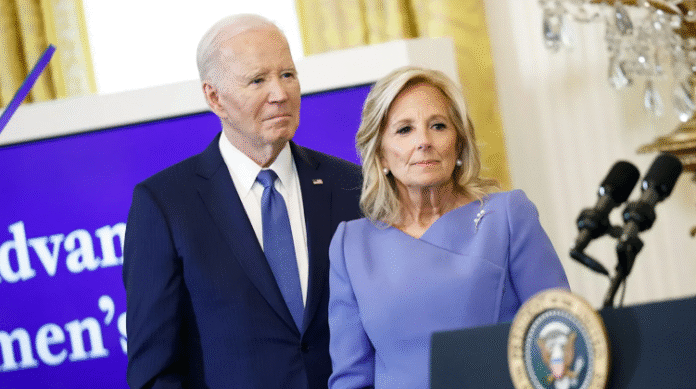By: Jessica A. Dennehy
Joe Biden, the 46th President of the United States, has been diagnosed with prostate cancer. The 82-year-old’s diagnosis, announced on May 17th, followed the discovery of a nodule on his prostate during a checkup the week prior. Although the specific type has yet to be disclosed, his personal office announced it to be aggressive, having a Gleason score of 9 and having already metastasized to his bones. This highly aggressive form of prostate cancer places Biden’s cancer in the highest risk category, Grade Group 5. Despite the advanced stage of the disease, Biden’s team says the cancer appears to be hormone-sensitive — a characteristic that gives hope for effective treatment.
Prostate cancer, according to the American Cancer Society, is the most common cancer among men in the U.S., only after skin cancer. While it has a relatively high five-year survival rate (97%), once metastasis has occurred, the number drops to about 37%. The National Institutes of Health (NIH) estimates that approximately 313,780 new cases of prostate cancer will be diagnosed in the U.S. this year alone. This number accounts for over 15% of all new cancer cases; additionally, with around 35,770 deaths from prostate cancer expected, prostate cancer is notably the second leading cause of cancer death among men.
This diagnosis, however, isn’t Biden’s first encounter with cancer. In fact, in early 2023, a lesion on his chest was removed, later being identified as basal cell carcinoma; however, the common form of skin cancer required no further treatment. His son Beau Biden died in 2015 from brain cancer— stage 4. Although Joe Biden has expressed that he believes there to be a correlation between his son’s brain cancer and the toxins found in smoke from burning waste at U.S. military installations in Iraq, the loss inspired Biden’s deep commitment to cancer research during his presidency. As president, Biden launched the “Cancer Moonshot” initiative with the goal of making cancer diagnoses less fatal and more manageable. The initiative aimed to accelerate research, improve early detection, and expand access to treatments.
Political figures from across the spectrum offered their condolences and best wishes. President Donald Trump, an individual more often seen criticizing Biden’s health than sending condolences, put aside their political rivalry to make the statement that “Melania and I are saddened to hear about Joe Biden’s recent medical diagnosis. We extend our warmest and best wishes to Jill and the family, and we wish Joe a fast and successful recovery.” Other figures who sent their regards included Kamala Harris, Joe Biden’s vice president; Barack Obama, his running mate; and King Charles, the King of England.

